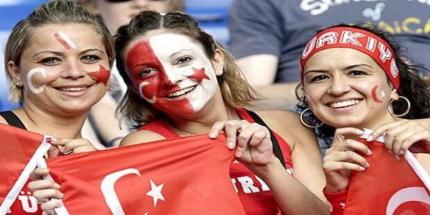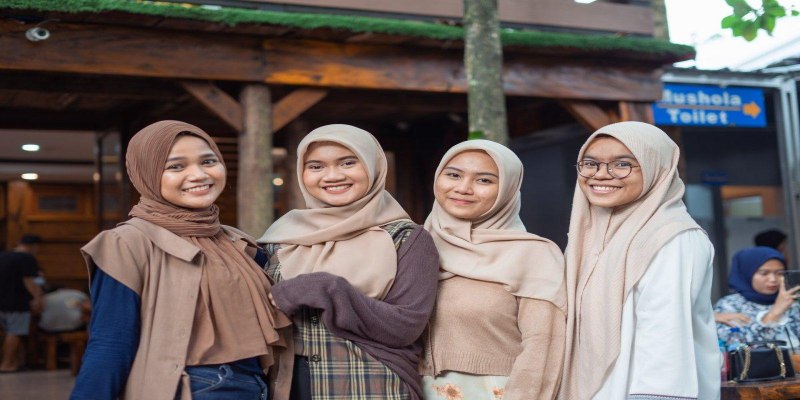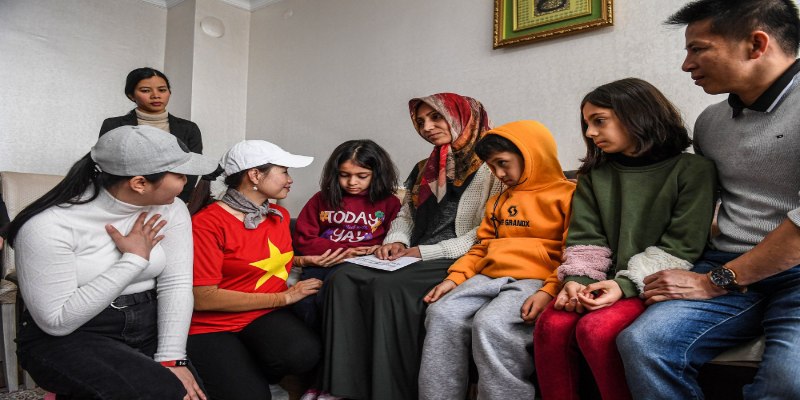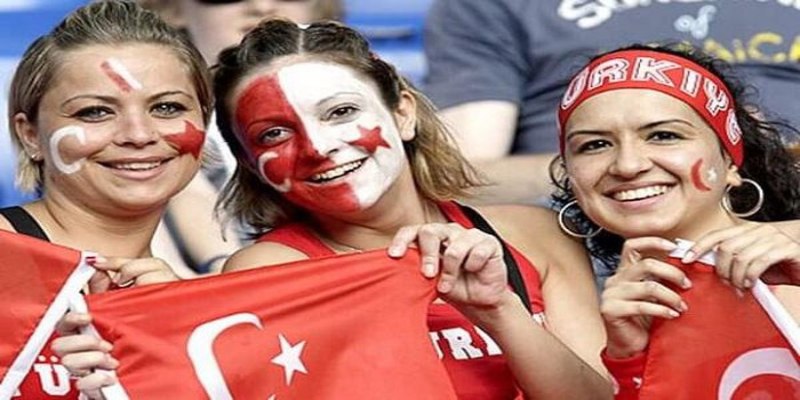Get free consultation
Fill out the form and we will contact you
Turkish women are distinguished not only by their captivating beauty, blending Asian and European features, but also by their strength, embodying a mix of tradition and modernity in social roles. Exploring the lives of Turkish women is a journey into a unique culture where beauty, intelligence, and resilience coexist harmoniously..
Turkish women symbolize the cultural intersection of East and West, embodying resilience and creativity. They play a vital role across various fields, from business and the arts to education.
Turkish Women as Symbols of the East-West Cultural Intersection
According to the 2024 report by the Turkish Women Entrepreneurs Association (KAGİDER), 32% of startups in Istanbul and Ankara are led by women. Cooperatives such as the Izmir Women’s Cooperative have supported hundreds of women in producing and exporting handcrafted products, ranging from traditional rugs to organic cosmetics.
Turkish women also stand out in academia and politics. For example, Professor Ayşe Buğra, a renowned economist, has inspired younger generations on gender equality and sustainable development. In politics, women like Canan Kaftancıoğlu, a CHP party leader, have promoted policies protecting the rights of women and children.
Turkish women are known for their sophisticated fashion sense, blending traditional and modern styles. Collections by designers like Zeynep Tosun and Dilara Fındıkoğlu frequently appear at Istanbul Fashion Week, attracting international attention.
Moreover, Turkish women preserve cultural values through culinary arts, such as the craft of making börek pastries or preparing traditional tea. Family remains central in their lives. While they often take on caregiving roles, they are increasingly asserting their independence.
According to a 2024 survey by Boğaziçi University, 65% of women aged 25–40 in major cities like Istanbul and Izmir prioritize balancing career and personal life. Community activities, such as organizing cultural festivals or participating in women-led startup groups, also serve as ways to connect and empower each other.
Despite their achievements, Turkish women still face numerous challenges. According to the 2024 report by the Turkish Women’s Foundation (TKDF), 39% of women have experienced workplace discrimination, particularly in industrial and technology sectors. Domestic violence remains a serious issue, with over 300 cases reported in 2024, according to the organization We Will Stop Femicide.
Turkish Women Still Face Numerous Challenges
Economic instability, with an inflation rate reaching 70% in 2024 (according to the Central Bank of Turkey), has significantly affected women, particularly those working freelance or in the agricultural sector. These difficulties have led many women to seek international opportunities to improve their quality of life and ensure security for themselves and their families.
Turkish women are increasingly asserting their presence globally. In the arts, actress Hande Erçel is not only renowned for her television roles but also serves as a brand ambassador for several international companies. In science, Dr. Canan Dağdeviren, a researcher at MIT, has developed groundbreaking medical devices, inspiring young women to pursue careers in STEM.
Events such as the International Women’s Forum in Istanbul (April 2025) provide opportunities for Turkish women to connect with global leaders and share ideas on gender equality and sustainable development. These contributions not only enhance the international image of Turkish women but also open doors for global collaboration.
Turkish Women Are Increasingly Asserting Their Global Presence
To overcome domestic challenges and leverage their potential, many Turkish women are turning to second citizenship investment programs. These programs offer the chance to live in a safe environment, with policies that protect women’s rights and provide better social welfare. Some popular options include:
European Golden Visas: Countries like Portugal (investment from €280,000 in real estate), Greece (€250,000), and Malta (€700,000) offer residency or citizenship, allowing free movement within the Schengen area.
Caribbean Citizenship: Islands such as Antigua & Barbuda (investment from USD 100,000), St. Kitts & Nevis (USD 150,000), and Grenada (USD 150,000) provide fast citizenship, with visa-free access to over 140–150 countries.
These programs not only help Turkish women protect their assets and secure their families’ futures but also create opportunities to develop careers in an international environment. For example, Grenadian citizenship allows applicants to apply for an E-2 visa to do business in the U.S., ideal for women aspiring to start their own ventures.
Turkish women deserve a life that is safe, free, and full of opportunities. To explore the path of international residency through citizenship programs, visit quoctichthuhai.com for detailed guidance.
Fill out the form and we will contact you



